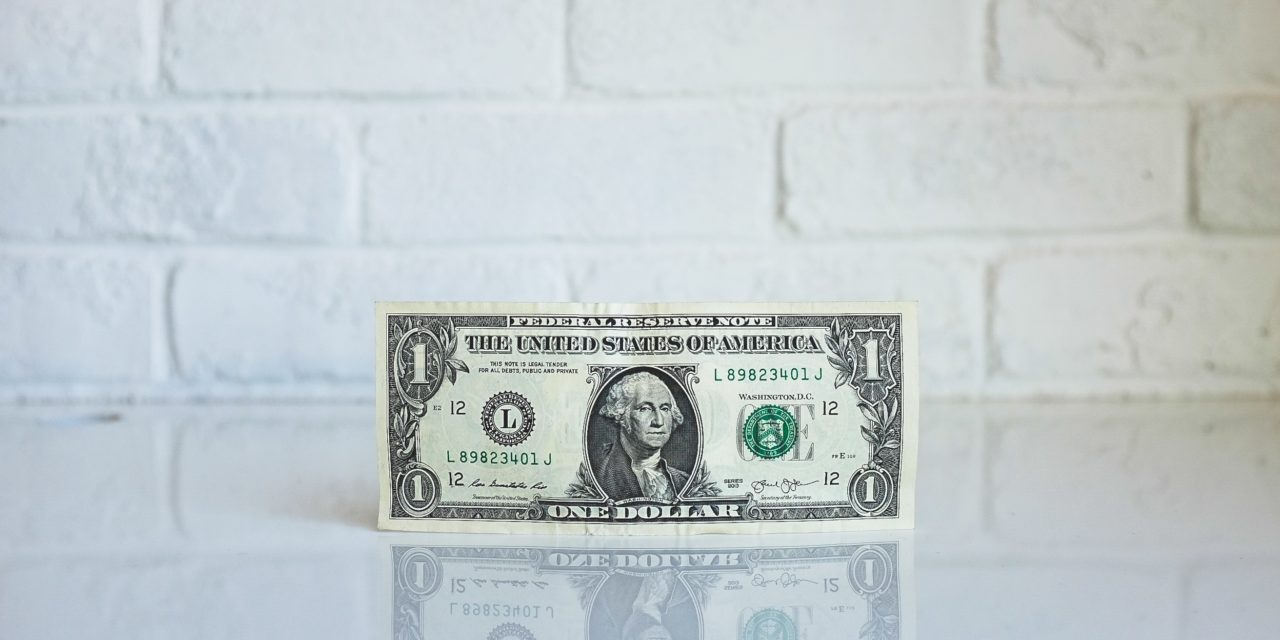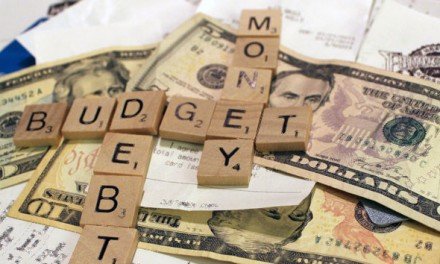If you’re fortunate enough to have an income that exceeds your bills, it can be confusing to figure out how to put that positive cash flow to good use. Is it better to save money or pay off debt?
Deciding whether to save or pay off debt can be determined by examining a few important factors. Making an informed decision can have a profound effect on your finances.
Ask yourself these questions to determine how best to utilize your extra cash and decide if it is better to save money or pay off debt:
Do I have an emergency fund?
- Putting away some money is a good first step if you don’t have any savings. Even with high-interest debt, creating an emergency account before attacking your debt will provide greater financial stability. You’ll sleep better at night, too.
- Saving a few months’ worth of expenses is enough for most families.
How risky is my source of income?
- Have you worked for the same company for 15+ years and expect to work for 15 more? Or is your company struggling? Do you have issues getting along with your new boss?
- A stable income would tend to favor paying down debt, whereas less stable employment tips the scales in favor of saving.
What rate of return do I receive on my investments?
- Knowing whether to save or pay on your debt largely depends on your investment returns. Can you earn a better rate on your investments than you’re paying on your debts?
What is the interest rate on my debt?
- Your credit card interest rate might be 19% or more. No one, not even Warren Buffett, can routinely achieve that kind of return through investing. If your emergency fund were in place, it would make sense to pay on your high-interest debt. Paying on a 15% debt is similar to earning a 15% return.
- If you consistently make 8% on your investments, paying extra toward any debt with an interest rate less than 8% wouldn’t make a lot of financial sense. You could just pay the minimum on your debt and invest the rest.
- Any debt with an interest rate above your investment return is a candidate for your extra cash.
What is the current rate for a savings account?
- If you’re not an investor yet, what rate of return could you expect with a savings account or other similar account? It’s probably considerably less than the interest rate of any debt you have.
What are my financial goals?
- If you’re nearing retirement and already have plenty of money set aside, get busy eliminating your debt! However, saving might be a more reasonable option if you’re sending your child to college next year.
- What are your goals and how will this decision impact them?
What’s most important to me?
- Think about which option puts your mind at ease. For some of us, stockpiling a lot of money in the bank is very soothing. For others, being debt-free feels better. Avoid ignoring the emotions surrounding your financial decisions.
- If the return on your investments and the interest rate on your debt are similar, the difference will be minimal in the end. Being relaxed and comfortable with your finances is important.
Paying down debt and saving are both worthwhile options for your extra cash. Either choice is better than spending it! The option that’s better for you will depend on your individual circumstances. If all else fails, consider doing both simultaneously. Save a little and apply a little toward your debt. For many, this can be the best of both worlds.






Recent Comments